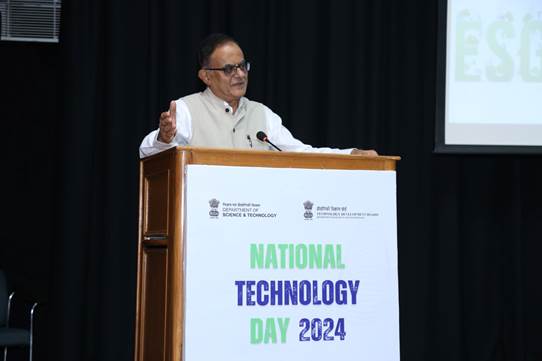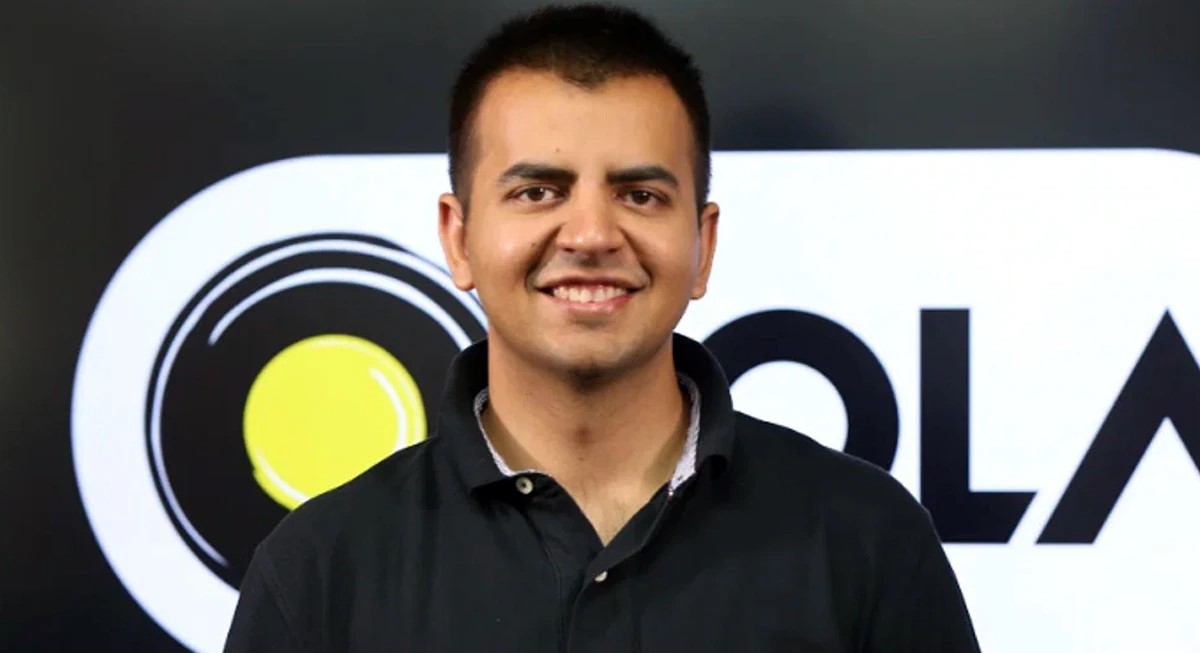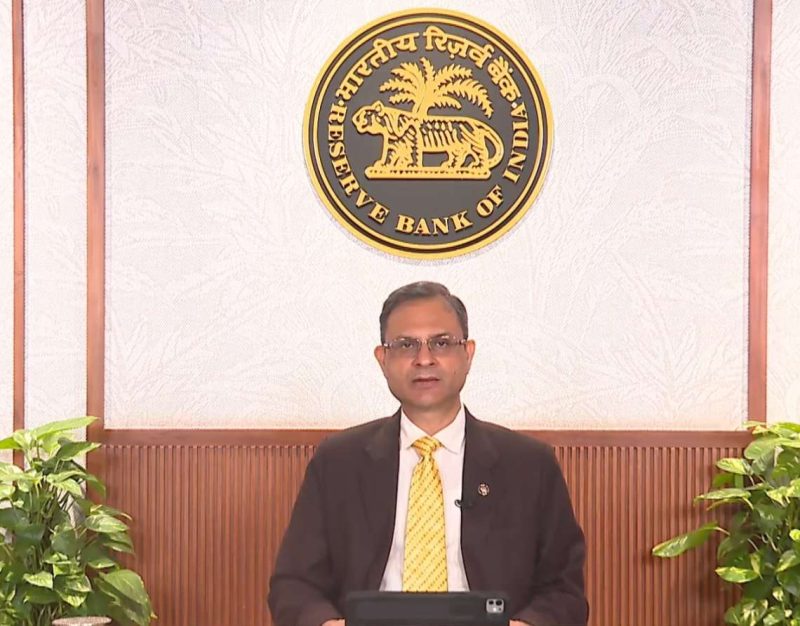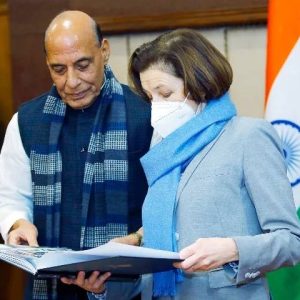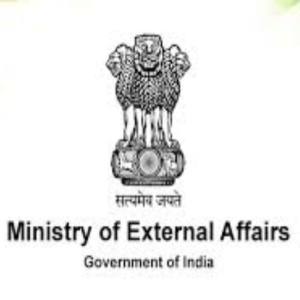Professor Abhay Karandikar, Secretary, DST further underscored the significance of innovation for national development….reports Asian Lite News
The faster adoption of electric vehicles (EVs), the National Hydrogen Mission and other such initiatives will propel India’s journey towards a net-zero target by 2070, eminent scientists and thought leaders have said.
Speaking at an event organised by the Technology Development Board (TDB), under the Department of Science and Technology (DST), Professor Ajay Kumar Sood, Principal Scientific Advisor to the government, emphasised the promotion of EVs through initiatives such as the National Electric Mobility Mission Plan (NEMMP) and Faster Adoption and Manufacturing of Hybrid and Electric Vehicles (FAME), aiming to mitigate greenhouse gas emissions.
He also highlighted the EV Mission, led by Prime Minister Narendra Modi’s Science, Technology Innovation and Advisory Council (PM-STIAC), which is dedicated to developing supportive standards and frameworks for EV adoption.
“Substantial investments in green hydrogen production are a key component of the National Hydrogen Mission in India’s journey towards a net-zero target by 2070,” said Sood.
He also spoke about ongoing efforts in Carbon Capture Utilisation and Storage (CCUS) technologies, with policies aimed at cost optimisation and broader industrial application.
Professor Abhay Karandikar, Secretary, DST further underscored the significance of innovation for national development.
He highlighted the government’s initiatives in funding various research and development programmes and nurturing innovation through schemes like NIDHI and TDB, aimed at incubating startups and fostering entrepreneurship.
“Technology is a double-edged sword: it reduces inefficiency but can also drive increased consumption. To combat this, focus on EVs, green hydrogen, carbon capture and energy-efficient habitats. Transitioning to renewable energy globally is essential to tackle climate change,” said Professor Ashutosh Sharma, President of INSA and former secretary, DST.
In his keynote address, Padma Shri Professor G.D. Yadav advocated for sustainable solutions, championing carbon removal and technological innovations to achieve net zero by 2070.
ALSO READ: Ola Founder Takes on Big Tech Bullying


